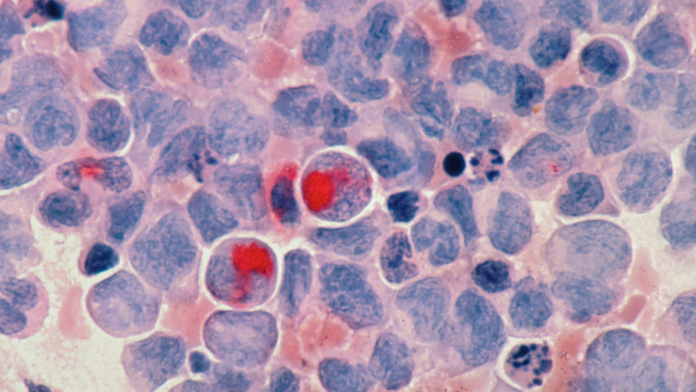According to a PTI report, a recent analysis of India’s health landscape revealed concerning developments regarding non-communicable diseases (NCDs), with the number of cancer cases increasing nationwide.
India was announced as the “cancer capital of the world” in the fourth edition of Apollo Hospitals’ Health of Nation Report, which was released on World Health Day in 2024.
Two out of three Indians are pre-hypertensive, one in ten have depression, and one in three are pre-diabetic, according to the survey. The prevalence of NCDs such as diabetes, cancer, hypertension, heart disease, and mental health issues has reached critical ratios, greatly affecting the health of the country.
India – The New “Cancer Capital”
What is especially concerning is the increase in cancer cases, which is above the global average and has made India the “cancer capital of the world.” Pre-diabetes, pre-hypertension, and mental health disorders are among the illnesses that the research says could lead to a future healthcare crisis because they often appear earlier in life.
In India, breast cancer, cervical cancer, and ovarian cancer are the three most common cancers among women. The three most common cancers among males are prostate, lung, and oral cancers.
According to the release, cancer screening rates in India are still quite low even though the country has a lower median age for cancer diagnosis than other nations.
Key Findings of the Report
- The report revealed that among Indians, there is a notable increase in obesity, hypertension, and the risk of obstructive sleep apnea.
- The percentage of people who are obese increased from 9% in 2016 to 20% in 2023.
- Over the same period, the percentage of cases of hypertension has climbed from 9 to 13 percent.
- Additionally, a large percentage of Indians had an increased risk of Obstructive Sleep Apnea.
Urgent Health Screening needed
The report emphasizes the significance of routine checkups and their role in mitigating the risk of cardiac-related illnesses by closely monitoring blood pressure and body mass index values. Although the significance of health checkups is becoming more widely recognized, more has to be done to make them available throughout India.
The vice chairperson of Apollo Hospitals, Dr. Preetha Reddy, emphasized the significance of tackling NCDs as a group. She underscored the need for nationwide efforts to combat these diseases effectively through education and personalized preventive healthcare solutions.
Dr Reddy said, “We strongly believe that the healthcare ecosystem and the nation need to come together and have a unified outlook so that we can combat NCDs in the truest sense. The findings demonstrated a significant need for immediate interventions to fight, prevent, and reverse the growing epidemic of cancer, diabetes, hypertension, and obesity among others. The need to educate the public and create individualized preventive healthcare solutions has never been greater.”
To enable sustainable development in the health sector, she advocated putting a high priority on investments in health infrastructure, encouraging healthy lifestyle practices, and tackling health disparities.
Apollo Hospitals President and CEO Dr. Madhu Sasidhar emphasized the need for increased accessibility and innovation in preventive healthcare. He placed a strong emphasis on using technology to improve patient-focused treatments, diagnosis accuracy, and illness prevention.
